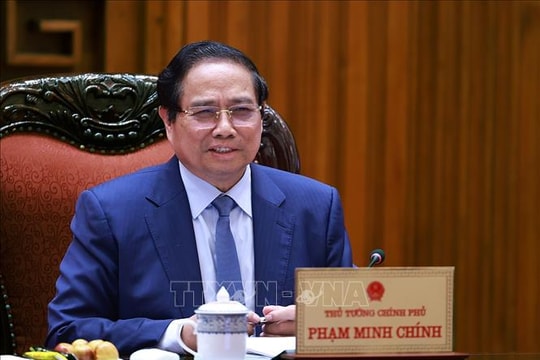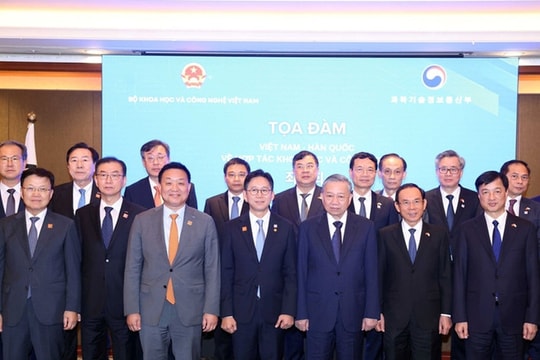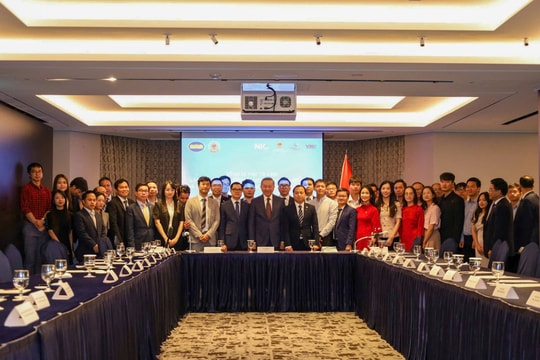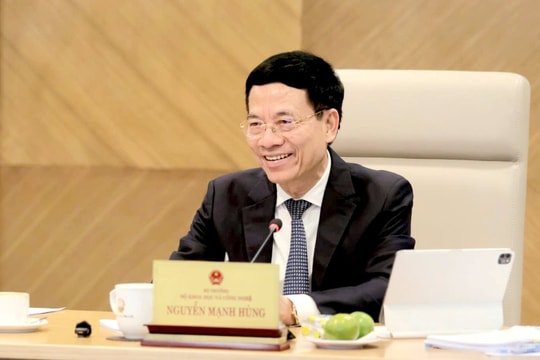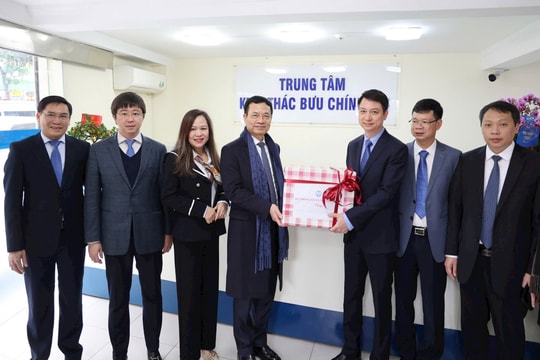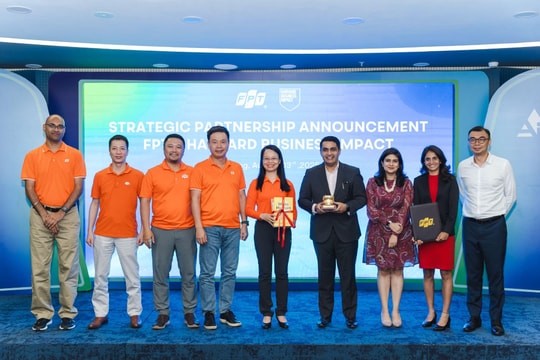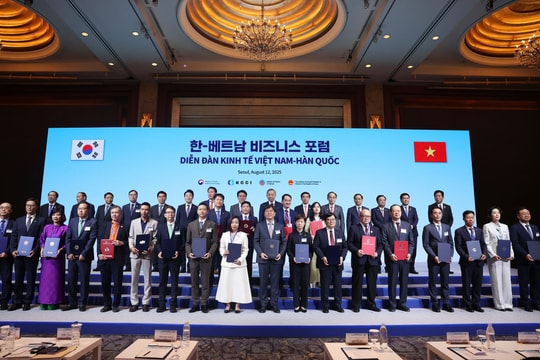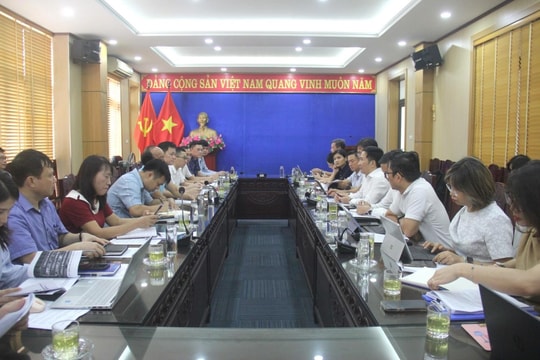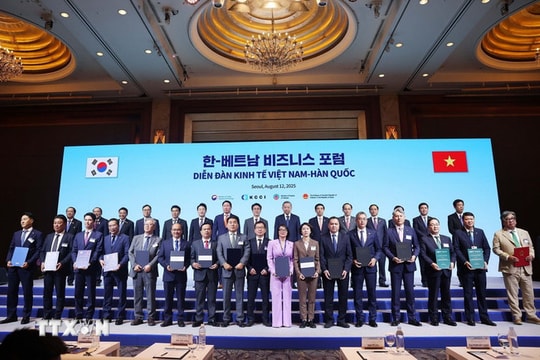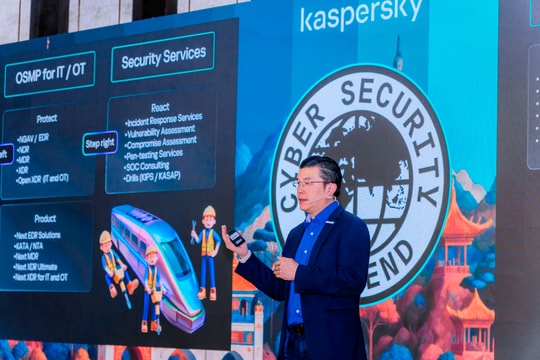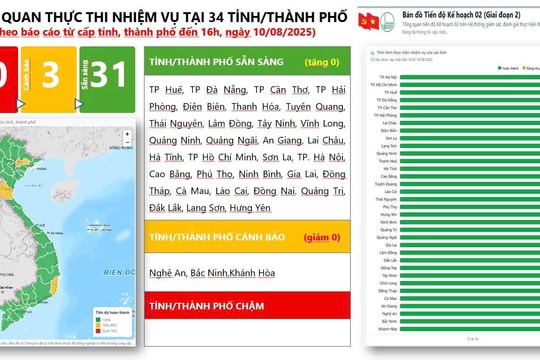
1. We, the ASEAN Finance Ministers and Central Bank Governors, convened the joint Meeting of the ASEAN Finance Ministers and Central Bank Governors under the co-chairmanship of H.E. Dato' Seri Ahmad Husni Mohamad Hanadzlah, Finance Minister II of Malaysia, H.E. Tan Sri Dr. Zeti Akhtar Aziz, Governor of Bank Negara Malaysia.
2. We, the ASEAN Finance Ministers, Central Bank Governors together with the ASEAN Deputy Secretary-General, expressed our gratitude to the Honourable Datuk Seri Najib Tun Razak, Prime Minister of Malaysia, for meeting us at Perdana Putra, Putrajaya.
3. We maintain our commitment to strengthen economic growth and promote financial stability in the ASEAN region, amid uncertainties in the external environment. We exchanged views with the Asian Development Bank (ADB), the World Bank, the International Monetary Fund (IMF) and the ASEAN 3 Macroeconomic Research Office (AMRO) on the economic outlook, risks, opportunities and policy challenges facing our region, in an effort to foster sustainable and inclusive growth.
4. We remain committed to achieving the goals of the ASEAN Economic Community (AEC) in 2015. We supported the activities under the Roadmap for Monetary and Financial Integration of ASEAN. In particular, we affirmed our commitment to develop plans for post 2015 ASEAN financial integration that will be built upon our agreed broad framework. The Working Committees will further develop implementation plans accordingly by the end of this year.
Regional Economic Update and Policy Challenges
5. We noted that the ASEAN economy grew by 4.4 percent in 2014, amid challenges in the global economy. Domestic demand in our economies has remained resilient, supported mainly by private consumption. Investment is expected to increase significantly, as the ASEAN region continues to focus on infrastructure development to improve connectivity. We are mindful that external factors remain challenging and could adversely impact our economies. Despite the relatively stable financial sector among economies in the region, we note that the high household leverage in some ASEAN economies may pose some vulnerability.
6. We are committed to implementing appropriate monetary and fiscal policies, complemented by macroprudential policies, when warranted, that will sustain economic growth and maintain financial stability. We agreed that our macroeconomic policies should continue to address country-specific issues, while remaining vigilant of possible spillover effects across the region. We remain steadfast in further strengthening domestic demand, continuing structural reforms, and enhancing private sector investment. We also agreed to intensify our cooperation and integration initiatives to fortify ASEAN's resilience against changing market conditions and possible external shocks.
Roadmap for Monetary and Financial Integration of ASEAN (RIA-Fin)
7. We were pleased to note that the efforts to integrate the financial sector in ASEAN have made significant progress. We encouraged the Working Committees under the Roadmap for Monetary and Financial Integration of ASEAN to intensify ongoing efforts as financial integration plays an important role in supporting regional economic integration.
8. The meeting was updated on the implementation of the ASEAN Financial Integration Framework (AFIF). We welcomed the conclusion of the ASEAN Banking Integration Framework (ABIF) which was endorsed by the ASEAN Central Bank Governors in December 2014.
9. The ABIF represents a critical milestone for ASEAN towards achieving greater financial and economic integration. The immediate objective of ABIF is to achieve a more integrated banking market, spearheaded by Qualified ASEAN Banks (QABs) that now have the potential for a meaningful presence across ASEAN countries. The ABIF accords priority to the outcome of promoting financial development and higher regional economic growth, and is anchored in principles that emphasise inclusiveness, transparency and reciprocity. With the finalisation of the Framework by all ASEAN central bank governors, any two ASEAN countries may enter into reciprocal bilateral agreements to provide QABs with greater market access, and operational flexibilities consistent with those of domestic banks in the respective host countries. The implementation of the Framework will be accompanied by the strengthening of home-host regulatory and supervisory cooperation arrangements to support the effective surveillance and supervision of QABs. As ASEAN moves closer to the realisation of the ASEAN Economic Community, ABIF will strengthen the other initiatives under the ASEAN Financial Integration Framework to provide an important enabling mechanism for ASEAN countries to accelerate the pace of regional financial integration, increase cross border trade and investment flows and thus harness the growth potential of the region.
10. We took note of the continuous efforts by the Working Committee on Payment and Settlement System (WC-PSS) to foster an integrated, safe and efficient payment systems in the region. We also acknowledged the importance of capacity building in achieving financial sector integration in the ASEAN region. We are pleased with the work of the ASEAN Central Banks through the Steering Committee on Capacity Building (SCCB) to support the capacity building initiatives in the region.
11. We welcomed the achievements of ASEAN Financial Integration as summarized in the document developed by the SLC in Annex I. The document highlights the achievements and benefits of ASEAN financial integration to-date in the areas of financial services and capital account liberalisation, payment and settlement systems, and capital market development, complemented by capacity-building initiatives.
Capital Market Development
12. We welcomed the work of the Working Committee on Capital Market Development (WC-CMD) in deepening and strengthening bond markets in the ASEAN region, particularly towards enhancing the capacity and building critical capital market infrastructures, with the aim of achieving cross-border collaboration among various capital markets in ASEAN. We were pleased that the ASEAN bond market scorecard has continued to be a powerful tool in monitoring the work progress and providing a basis for the other related initiatives.
13. We commend the progress of work of the ASEAN Capital Markets Forum (ACMF) in deepening the regional capital market integration through significant initiatives such as the ASEAN Disclosure Standards for equity and plain debt securities, the Expedited Review Framework for Secondary Listings, the ASEAN Trading Link, the 4th ASEAN Corporate Governance Scorecard, and the recently entered into Memorandum of Understanding (MoU) to establish a Streamlined Review Framework for the ASEAN Common Prospectus. These initiatives are significant milestones in meeting the objectives to promote freer flow of capital and greater connectivity of ASEAN capital markets and enhance the accessibility of ASEAN investments. We particularly welcomed the operationalization of the ASEAN Framework for Cross-border Offerings of Collective Investment Scheme (CIS) last August, which would enable cross-border offerings of CIS products across the signatory countries. We are pleased to note that there has been significant industry response with five (5) approvals already granted under the Framework. We take note of the ACMF's ASEAN Capital Market Development Programme, aimed at extending mutual assistance to all markets within the region. This programme facilitates inclusive regional market development towards achieving ASEAN capital market integration. We welcomed the ACMF's proposal to develop a five year Action Plan from 2016 – 2020 which will focus on ensuring seamless access to capital as well as investment opportunities within connected regional capital markets.
14. We acknowledged the progress of work of the ASEAN Capital Market Infrastructure (ACMI), especially on the establishment of the ACMI Task Force under the ACMF to further expedite the implementation of the ACMI Blueprint. We further tasked the ACMF, WC-CMD, WC-PSS and Working Committee on Capital Account Liberalization (WC-CAL) to continue to cooperate in the area of clearing, settlement and depository linkages among the ASEAN capital markets in support of the ASEAN Trading Link to further enhance connectivity among ASEAN capital markets.
Financial Services Liberalisation
15. We are pleased that the Protocol to Implement the Sixth Package of Financial Services Liberalisation under the ASEAN Framework Agreement on Services (AFAS) has been signed by all ASEAN Finance Ministers. The Sixth Protocol contains the enabling provision for the implementation of the ABIF. We are pleased that the negotiations for the seventh round have commenced and we look forward to the signing of the Protocol to Implement the Seventh Package next year.
16. We welcomed the deliberation on further liberalisation of the insurance sector with the aim to position ASEAN insurance institutions and intermediaries to perform a more meaningful role in supporting trade, investment and economic integration in line with the AEC. We encouraged the Working Committee on Financial Services Liberalisation (WC-FSL) to continue working with the other relevant sectoral bodies to ensure prudent liberalisation of the financial services sectors in ASEAN.
17. We commended the WC-FSL on the progress of negotiations to review the financial services obligations under AFAS in the form of a chapter in the ASEAN Trade in Services Agreement (ATISA). We also welcome WC-FSL's active participation in ASEAN's free trade agreements with dialogue partners.
Capital Account Liberalisation
18. We recognised the work of the WC-CAL to achieve freer capital movements across the region, which is essential in increasing greater investment, trade and business activities in the region, and in further integrating our markets with the global economies. We are pleased that the WC-CAL has completed the assessment and identification of the rules for liberalization in capital flows under current account, foreign direct investment and portfolio investment, and that ASEAN Members States (AMS) have regularly updated their individual capital account liberalization heat maps to assess the developments in the capital account regime in the region. We commended the WC-CAL on its efforts to further refine the CAL milestones blueprints and Heat Map methodology going forward.
19. We commended the monitoring of the capital account liberalisation efforts through an agreed monitoring tool for the implementation of the individual milestones blueprints for capital account liberalisation. We also supported the regular conduct of policy dialogue process on safeguard mechanisms for capital account liberalisation to ensure that the liberalization efforts are conducted with strong consideration of each Member's ability and readiness while safeguarding macroeconomic and financial stability. As a support to the capital account liberalization process, we agreed that capacity building efforts should be contiuously implemented and intensified.
Strengthening ASEAN Finance Cooperation and Economic Integration
Enhancing Regional Surveillance
20. We welcomed the work of the ASEAN Integration Monitoring Office (AIMO) in ensuring that the measures under the AEC Blueprint are implemented accordingly, with the development of surveillance reports, monitoring tools, and capacity building programs. We agreed to enhance the capacity and resources of AIMO, and encourage Member States and external partners to continue to support AIMO in implementing its work and fulfilling its mandate.
21. We acknowledged AMRO's parallel but important role in assessing the macroeconomic and financial developments in the region. We noted the progress of elevating the status of the AMRO into an international organization following the signing of the AMRO Agreement on 10 October 2014. In this regard, we pledged to work with our Plus Three partners to support AMRO and to ensure macroeconomic and financial stability in the region.
Infrastructure Financing
22. We are pleased with the developments of the ASEAN Infrastructure Fund (AIF), whose total fund has now reached USD485.3 million. We welcomed Myanmar as a full-fledged member of the AIF since December last year. We recognised that the AIF is a very crucial component of ASEAN's efforts to strengthen regional physical connectivity, and narrow the infrastructure development gap in the region. We were pleased that the AIF had supported several infrastructure projects last year such as the power transmission and water sanitation projects in Indonesia, and power interconnection project in Vietnam.
23. We supported AIF's efforts to reduce costs of borrowing through improved technical analysis and policy formulation, and more effective administration support. We encouraged AIF to continue the close cooperation with the ADB in expanding project financing in the region.
Cooperation on Customs Matters
24. We agreed to the Protocol on the Legal Framework to Implement the ASEAN Single Window (PLF-ASW), which would expedite the implementation of ASW measures in further facilitating trade in goods within the ASEAN region.
25. We are pleased with the entry into force of the ASEAN Agreement on Customs in November last year. We also welcomed the completion of the signing of Protocol 7 on Customs under the ASEAN Framework Agreement on the Facilitation of Goods in Transit (AFAFGIT). These developments would support the free flow of goods across the ASEAN region.
ASEAN Cooperation on Taxation
26. We acknowledged the progress of work of the ASEAN Forum on Taxation (AFT), particularly in the continuous efforts to complete a network of bilateral tax agreements, to improve exchange of information for tax purposes, and to enhance Members' cooperation on capacity-building on taxation matters. We also welcomed AFT's plan to further discuss other areas under taxation, including the feasibility study of the Global Taxpayer Identification Number (TIN) scoping proposal, Base Erosion and Profit Shifting (BEPS) issues, and to explore possible ways on tax harmonization.
ASEAN Cooperation in Insurance
27. We acknowledged the progress achieved under ASEAN cooperation in insurance, particularly in the development of insurance regulatory and supervisory frameworks through observance of the core principles of the International Association of Insurance Supervisors (IAIS) and updates by Member States on developments in their domestic insurance markets. We recognised that capacity building and research are continuously being discussed by the ASEAN Insurance Regulators' Meeting (AIRM), and encouraged that these activities be further intensified.
28. We are pleased that activities and initiatives to improve insurance penetration in the region have been strengthened by developing regulatory frameworks to promote insurance products, and promoting consumer education to increase awareness. We also welcomed the on-going cooperation and dialogue that the AIRM has had with the WC-FSL to further develop and integrate the ASEAN insurance sector.
29. We recognised the progress made in the area of ASEAN Disaster Risk Financing and Insurance (DRFI) to enable policies and institutional environments for risk financing and insurance in Member States as well as to promote multilateral cooperation towards the adoption of regional agreement on DRFI. We are pleased that the Japan-ASEAN Integration Fund (JAIF) had agreed to provide support for the first phase of this initiative.
Financial Inclusion
30. We thanked Myanmar for hosting the ASEAN Conference on Financial Inclusion last year, which resulted in the Yangon Outcomes. In accordance with the spirit of the Yangon Outcomes, we agreed to establish a working committee to deliberate and coordinate efforts to enhance financial inclusion in ASEAN. In view of the importance of financial inclusion in accelerating financial integration and inclusive growth, we unanimously agreed that financial inclusion should be a policy priority for ASEAN.
Young Entrepreneurs' Summit
31. We participated in the 1ASEAN Entrepreneurship Gathering aimed at facilitating people-to-people connection and promote economic development and growth in ASEAN. This event was a prelude to Malaysia's effort to organise the 1ASEAN Entrepreneurship Summit (1AES) on the sidelines of the ASEAN Leaders' Summit in November 2015. We understand that the 1AES will involve young entrepreneurs, angel investors, policy makers, venture capitalists, startup companies, public sector, and private entities as well as NGOs across the ASEAN region. We believe that 1AES can encourage entrepreneurial culture and nurture startup entrepreneurs and nascent companies among ASEAN youth. We also noted the 1AES will provide a platform for interaction among entrepreneurs in ASEAN and facilitates networking and fosters collaboration within ASEAN and further enhance the AEC. We look forward to a successful 1AES.
Engaging and Building a Stronger ASEAN
32. We acknowledged the Philippines' hosting of the 10th ASEAN Finance Ministers' Investor Seminar (AFMIS) on 20 May 2014 with a theme of "One ASEAN: Sustaining the Growth Momentum," which aimed to promote ASEAN as an attractive investment destination. We agreed that the AFMIS is an important platform to intensify effective policy cooperation and coordination in ASEAN.
Acknowledgement
33. We thanked Malaysia for hosting the 1st AFMGM this year and welcome Lao PDR as Chair and Host in 2016.
Download annex: here


